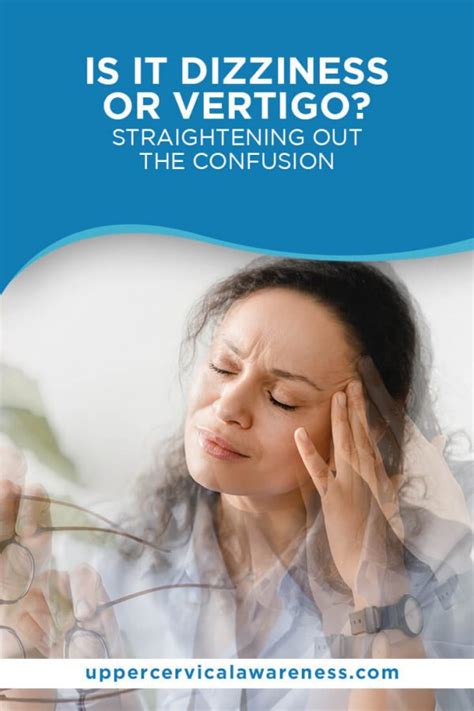Intro
Discover 5 ways to stop dizziness, including natural remedies, balance exercises, and lifestyle changes to alleviate vertigo, lightheadedness, and spinning sensations, promoting overall equilibrium and stability.
Dizziness is a common symptom that can be caused by a variety of factors, including inner ear problems, medication side effects, and underlying medical conditions. It can be a debilitating and frustrating experience, making it difficult to perform daily activities. However, there are several ways to stop dizziness and improve overall balance and well-being. In this article, we will explore the importance of addressing dizziness and provide practical tips on how to manage and prevent it.
Dizziness can have a significant impact on a person's quality of life, affecting their ability to work, socialize, and engage in physical activities. It can also increase the risk of falls and injuries, especially in older adults. Therefore, it is essential to take dizziness seriously and seek medical attention if symptoms persist or worsen over time. By understanding the causes of dizziness and taking proactive steps to manage it, individuals can reduce their symptoms and improve their overall health.
The good news is that there are many effective ways to stop dizziness and improve balance. From simple lifestyle changes to more advanced medical treatments, there are a range of options available to help individuals manage their symptoms and regain their confidence. In this article, we will delve into the world of dizziness and explore the various ways to stop it, including lifestyle changes, home remedies, and medical treatments.
Understanding Dizziness

Causes of Dizziness
The causes of dizziness can be divided into several categories, including: * Inner ear problems, such as benign paroxysmal positional vertigo (BPPV) and labyrinthitis * Medication side effects, such as antidepressants and blood pressure medications * Underlying medical conditions, such as diabetes and heart disease * Lifestyle factors, such as dehydration and stress * Age-related factors, such as declining balance and reflexesLifestyle Changes to Stop Dizziness

Home Remedies for Dizziness
In addition to lifestyle changes, there are several home remedies that can help stop dizziness. Some of these remedies include: * Ginger, which has natural anti-inflammatory properties and can help reduce nausea and dizziness * Vitamin B12, which plays a crucial role in maintaining balance and equilibrium * Essential oils, such as peppermint and lavender, which can help reduce stress and improve balance * Acupuncture, which can help improve balance and reduce dizziness by stimulating key points on the bodyMedical Treatments for Dizziness

Alternative Therapies for Dizziness
In addition to medical treatments, there are several alternative therapies that can help stop dizziness. Some of these therapies include: * Chiropractic care, which can help improve balance and reduce dizziness by aligning the spine and other structures * Massage therapy, which can help reduce stress and improve balance * Yoga and tai chi, which can help improve balance and reduce dizziness by improving flexibility and strengthPreventing Dizziness

Managing Dizziness
Managing dizziness requires a comprehensive approach that includes lifestyle changes, home remedies, and medical treatments. Some tips for managing dizziness include: * Keeping a symptom journal to track when dizziness occurs and what triggers it * Developing a treatment plan with a healthcare provider * Staying hydrated and avoiding trigger foods and substances * Practicing stress-reducing techniques, such as meditation or deep breathingConclusion and Next Steps

We hope this article has provided you with valuable information and insights on how to stop dizziness. If you have any questions or comments, please do not hesitate to reach out. Share this article with your friends and family to help spread awareness about dizziness and its treatment options.
What are the most common causes of dizziness?
+The most common causes of dizziness include inner ear problems, medication side effects, and underlying medical conditions. Lifestyle factors, such as dehydration and stress, can also contribute to dizziness.
How can I prevent dizziness?
+To prevent dizziness, it is essential to stay hydrated, avoid trigger foods and substances, and practice stress-reducing techniques. Regular exercise and getting enough sleep can also help improve balance and reduce dizziness.
What are the best home remedies for dizziness?
+Some of the best home remedies for dizziness include ginger, vitamin B12, and essential oils. Acupuncture and chiropractic care can also help improve balance and reduce dizziness.
